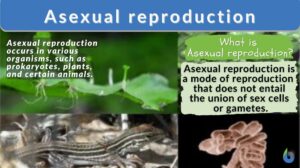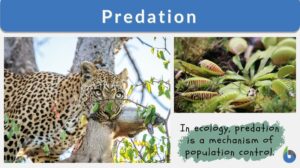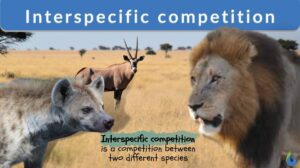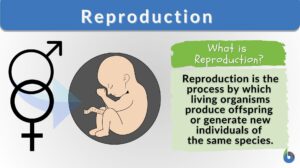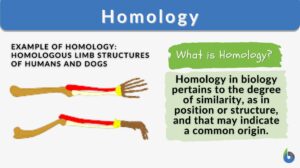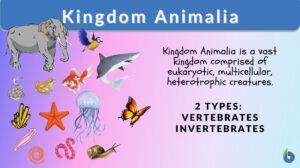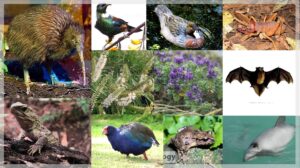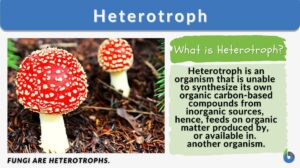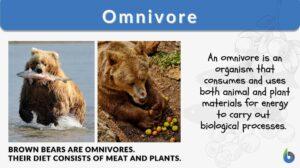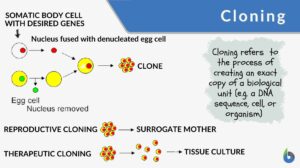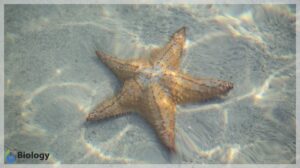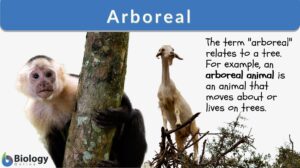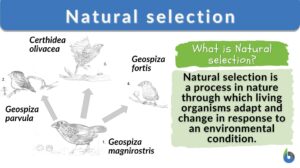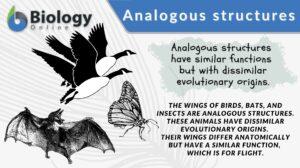Search Results for: lizards
Asexual reproduction
Asexual Reproduction Definition What is asexual reproduction? Asexual reproduction is a type of reproduction that does not... Read More
Parthenogenesis
To reproduce, by definition, means to produce new offspring. The process is referred to as reproduction, which is one of the... Read More
SENI Biometric Analysis on the extinct Scincidae species: Macroscincus coctei (underlined)
Brian L. Schnirel Leeway Corucia Research Center (LCRC) Courtesy: Polyphemos (2004) Introduction: It has been... Read More
Interspecific competition
Interspecific Competition Definition In Biology, competition is defined as the process that occurs among species that have... Read More
Reproduction
Reproduction Definition Reproduction is a biological phenomenon of producing offspring/s. i.e. more of its kind. Depending... Read More
New Zealand’s Unique Geographical History
Written by: Maria Victoria Gonzaga Peer-reviewed by: Cathy Buntting, Ph.D. and Andrea Soanes New Zealand is... Read More
Lacertilia
Lacertilia (Science: zoology) An order of reptilia, which includes the lizards. They are closely related to the snakes, and... Read More
Kingdom Animalia
Kingdom Animalia Definition Each person can say that they know of or can name at least one animal. However, do people know... Read More
Homologous
Homologous Definition What is homologous? In general science, the word “homologous” is used to show a degree of... Read More
Biotic factor
Biotic Factor Definition A biotic factor is the living component in an ecosystem. The term "biotic" means "of or related... Read More
Synapomorphy
Definition noun, plural: synapomorphies An advance character state shared among two or more taxa inherited from the most... Read More
Paraphyletic
Definition adjective A biological taxonomy that pertains to a certain group of organisms does include some but not all of... Read More
Herpetology
Definition noun The branch of zoology that deals with reptiles and amphibians Supplement Herpetology is a sub-discipline of... Read More
Sphenodon guntheri
Definition The tuatara species of the genus Sphenodon that inhabits one small island of New Zealand, i.e. Brothers... Read More
Flehmen response
Definition noun A behavior in certain animals wherein the animal curls back the upper lip thereby exposing the front teeth,... Read More
New Zealand’s Biodiversity
Written by: Maria Victoria Gonzaga Peer-reviewed by: Cathy Buntting, Ph.D. and Andrea Soanes Why is New... Read More
Sex-linked trait
Definition of Sex-Linked Traits A sex-linked trait is an observable characteristic of an organism that is influenced by the... Read More
Dead Man Walking
Dead Man Walking: Wade Davis and the Secret of the Zombie Poison By Patrick D. Hahn Accepted on September 4, 2007 Twenty... Read More
Heterotroph
Heterotroph Definition What is a heterotroph? Does a heterotroph make its own food? In biology and ecology, a heterotroph... Read More
Salamanders
salamander 1. (Science: zoology) Any one of numerous species of urodela, belonging to salamandra, Amblystoma, Plethodon, and... Read More
Fragmentation
Fragmentation Definition What is fragmentation? In general, fragmentation refers to the state or the process of breaking... Read More
Natural selection
Natural Selection Definition What is natural selection in biology? Natural selection is defined as a process in nature... Read More
Characteristic
Characteristics Definition We can define characteristics as qualities or features that describe the distinctive nature or... Read More
New Zealand’s Unique Flora
By: Maria Victoria Gonzaga In the previous lesson, we've come to know some of the most fascinating endemic... Read More
Analogous structures
Analogous Structures Definition In evolutionary biology, analogous structures are biological structures having similar or... Read More
